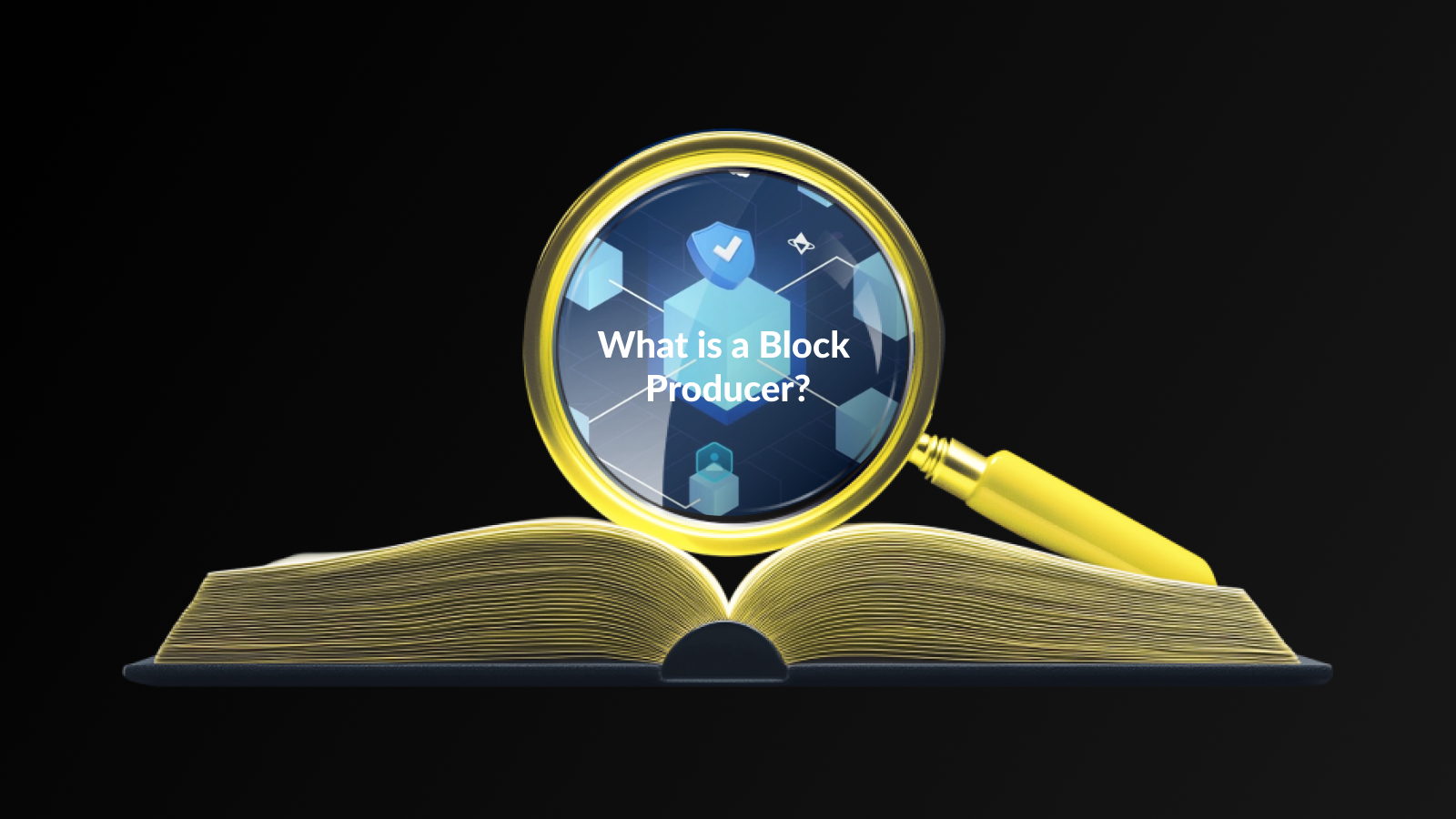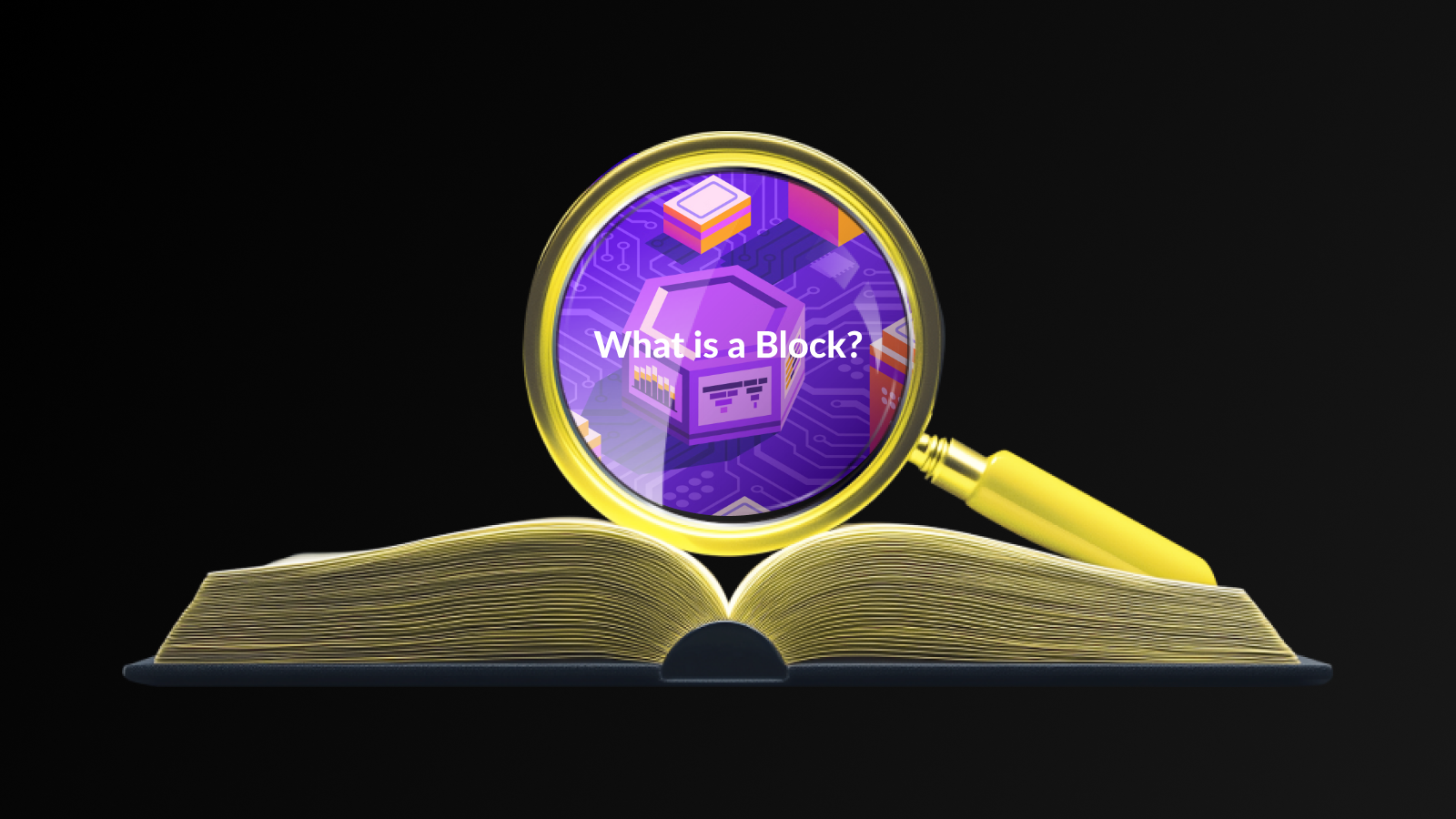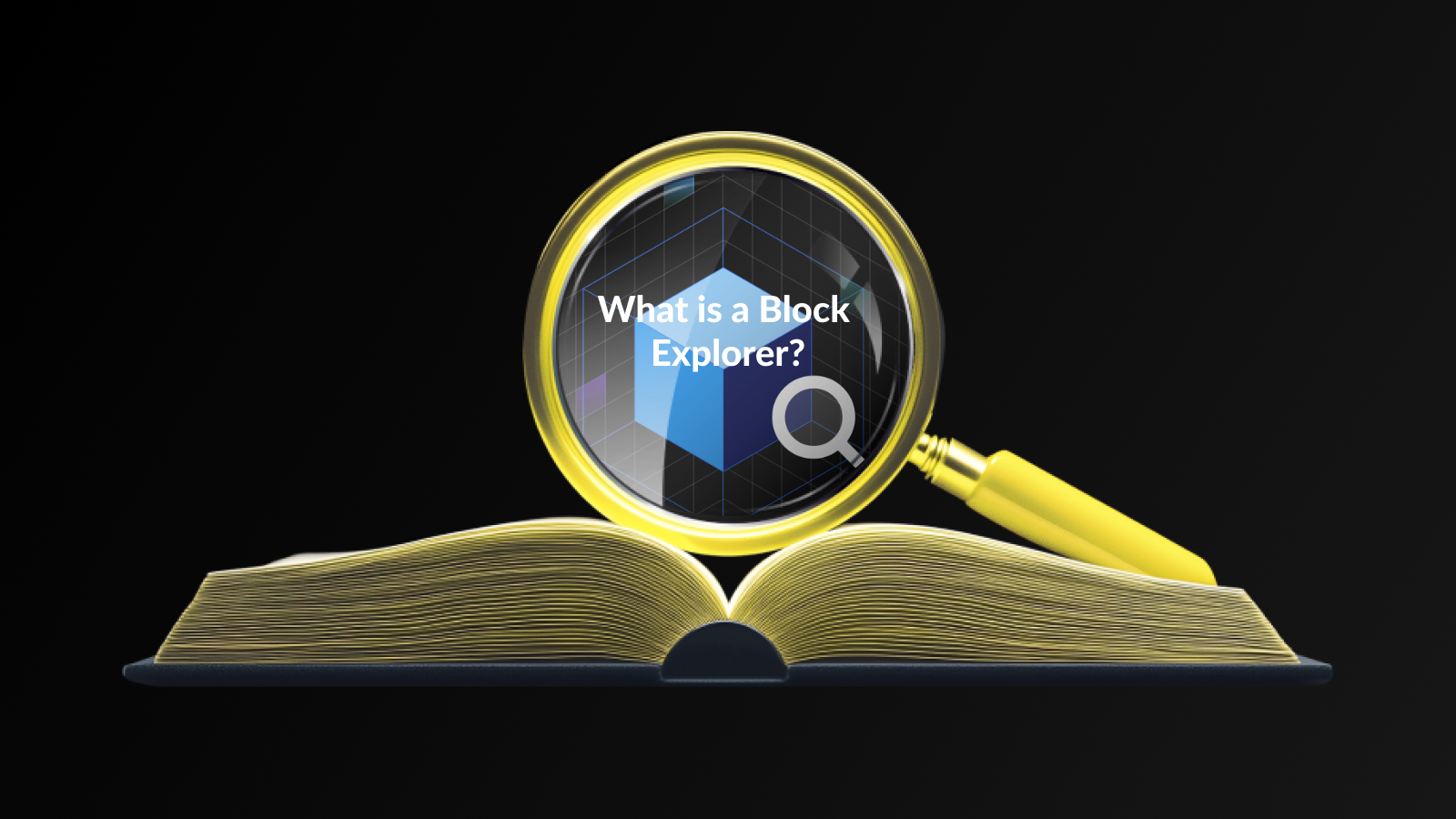What is a Block Producer?
A Block Producer is a pivotal entity within a blockchain network responsible for validating transactions and creating new blocks. Unlike traditional miners who solve complex mathematical puzzles, block producers operate based on consensus protocols specific to the blockchain they are part of, such as Delegated Proof of Stake (DPoS) or Proof of Authority (PoA).
In essence, Block Producers play a crucial role in maintaining the integrity and efficiency of the network. They gather pending transactions, validate them, and then package them into blocks, which are subsequently added to the blockchain. This process ensures that only legitimate transactions are recorded, safeguarding the network from fraud and double spending.
Moreover, the choice of Block Producers is often democratic, allowing token holders to vote for their preferred candidates. This not only enhances network decentralization but also empowers the community to play a significant role in governance.
Understanding the function and importance of Block Producers is vital for anyone looking to engage with or comprehend blockchain technology. Their contributions directly impact the overall health and performance of the blockchain ecosystem.
What is a Block Producer?
A Block Producer is a key entity in the world of blockchain technology, primarily responsible for validating transactions and producing new blocks in a blockchain network. Their role is crucial, especially in networks that employ Delegated Proof of Stake (DPoS) and similar consensus mechanisms. Block Producers are elected by token holders and are tasked with securing the network through their ability to generate and confirm blocks.
By maintaining the integrity and functionality of the blockchain, Block Producers help to ensure that transactions are processed efficiently and securely. Their performance is monitored by the community, as they must demonstrate reliability, transparency, and an ongoing commitment to promoting the network’s health.
Understanding the role of Block Producers is essential for anyone looking to engage with blockchain technologies, as they sit at the intersection of governance, security, and technology within decentralized networks.
How Do Block Producers Work?
A Block Producer functions as a pivotal entity in the blockchain ecosystem, primarily responsible for creating new blocks and validating transactions. By utilizing a consensus mechanism, they ensure the accuracy and integrity of the blockchain in which they operate. When a transaction request is submitted, the Block Producer verifies it against the existing blockchain data and assesses its legitimacy before adding it to a new block.
Once the block is established, the Block Producer propagates this information across the network, allowing other nodes to confirm its validity. This process typically involves broadcasting the block information to peers, which aids in maintaining synchronicity throughout the blockchain. Additionally, the Block Producer is tasked with resolving any discrepancies that may arise during transaction validation, ensuring all participants agree on the state of the blockchain.
Importantly, the efficiency and effectiveness of a Block Producer play a significant role in the overall health of the blockchain network. A reliable and efficient Block Producer can enhance transaction speeds and decrease confirmation times, contributing to a more seamless user experience. However, they must also remain vigilant against potential attacks and manipulation attempts, constantly adapting to uphold network security.
A Block Producer serves a crucial role in the blockchain ecosystem, balancing the tasks of transaction validation, block creation, and network security while contributing to the overall consensus mechanism that keeps the blockchain dependable and trustworthy.
What is a Block Producer?
A Block Producer is a crucial entity in blockchain networks that are built on a delegated proof-of-stake (DPoS) or similar consensus mechanisms. These producers play a pivotal role in the creation and validation of new blocks, which are essential for maintaining the integrity and functionality of the blockchain. Their responsibilities include generating new blocks, verifying transactions, and ensuring the security of the network. By electing a limited number of block producers from a larger pool of candidates, blockchain networks can achieve faster transaction speeds and greater scalability compared to traditional proof-of-work systems.
The Role of Block Producers in Consensus Mechanisms
Block producers are pivotal in maintaining the integrity and functionality of blockchain networks, primarily through their role in consensus mechanisms. These mechanisms are essential for enabling nodes within a decentralized network to agree on the state of the ledger without the need for a centralized authority. A Block Producer contributes to this process by validating transactions, creating new blocks, and proposing block additions to the blockchain.
In systems utilizing Proof of Stake (PoS) or Delegated Proof of Stake (DPoS) consensus models, block producers are often elected by stakeholders or holders of tokens. This election process ensures that those who have a vested interest in the network’s success participate in its governance, promoting accountability among block producers. Once elected, these block producers take on the responsibility of confirming transactions and ensuring that only valid transactions are processed and appended to the blockchain.
Additionally, block producers play a crucial role in the decentralization of the network. By distributing the validation work across various producers, the network becomes less vulnerable to attacks and failures. If a single entity were to hold too much power in the consensus mechanism, it could undermine the very principles of decentralization that blockchains stand for.
Overall, the role of block producers is fundamental in reinforcing the reliability of blockchain technology, ensuring that the systems operate smoothly, swiftly, and securely.
A Block Producer is a crucial entity in many blockchain networks, playing a significant role in maintaining the integrity and functionality of the decentralized system. Their primary responsibility is to validate transactions, create new blocks, and ensure that the blockchain remains secure against potential attacks. This decentralization is vital as it prevents any single entity from having too much control over the network, promoting fairness and transparency.
In a typical blockchain ecosystem, Block Producers are selected based on different consensus mechanisms, such as Delegated Proof of Stake (DPoS) or Proof of Authority (PoA). Each method has its own set of rules and guidelines governing how these producers are chosen and operate. Their performance is often monitored by the community, further reinforcing the accountability and democratic aspect of blockchain technology.
The challenges that Block Producers face can influence their operations significantly. These challenges may include scalability issues, network congestion, and potential security threats, which require constant attention and innovation to address. The success of a block producer can hinge on their ability to adapt to these dynamic conditions, thereby ensuring smooth transaction processes.
Looking ahead, the role of Block Producers is expected to evolve significantly as blockchain technology continues to advance. With increased adoption comes the need for improved efficiency and security measures, possibly leading to new types of producers or shifts in existing structures. As the landscape changes, the importance of understanding what a block producer is and how they function will only grow.
Types of Block Producers
Block producers can be classified into various types based on their roles and mechanisms in different blockchain networks. Each type contributes uniquely to the consensus process, ensuring the integrity and functionality of the blockchain. Below are some of the primary classifications:
1. Delegated Block Producers
In networks that utilize a Delegated Proof of Stake (DPoS) consensus mechanism, block producers are often referred to as delegates. These individuals or entities are elected by stakeholders in the network. The elected delegates take turns producing blocks and are incentivized through block rewards. Their primary role is to validate transactions and maintain the blockchain’s integrity while representing the interests of their voters.
2. Mining Block Producers
In Proof of Work (PoW) systems, block producers are typically miners. These entities utilize computational power to solve complex cryptographic puzzles to produce new blocks. As a reward for their efforts and resources, miners receive cryptocurrency. The competition among miners ensures that transactions are processed efficiently, although it often raises concerns regarding energy consumption.
3. Validator Node Operators
In Proof of Stake (PoS) blockchains, validators serve as block producers by locking up a certain amount of cryptocurrency as a stake. They are selected to propose and validate new blocks based on their stake and other factors such as node uptime and performance. Validators earn rewards for their contributions while maintaining network security. This type of block producer aims to encourage long-term investment in the network.
Understanding the types of block producers is essential as it highlights the diversity of mechanisms in blockchain technology, reflecting the varying consensus models employed across different networks.
A Block Producer plays a pivotal role in maintaining the integrity and functionality of blockchain networks. Their primary responsibility is to validate transactions and create new blocks in the chain, ensuring the network operates smoothly and securely. Block producers are essential in consensus mechanisms, as they contribute to achieving agreement across distributed nodes about the state of the blockchain.
To incentivize the work of Block Producers, most blockchain networks offer rewards, which can include native tokens or transaction fees. This reward system is crucial for encouraging participation and ensuring that the network remains decentralized and resilient against attacks. However, becoming a block producer often comes with challenges, such as the need for substantial technical expertise, proper infrastructure, and financial investment.
As the blockchain ecosystem evolves, the role of Block Producers may also change. New consensus algorithms are being developed, and the demand for sustainability within networks is growing. As a result, block producers must adapt to new requirements and strategies to continue fulfilling their roles effectively.
Understanding the complexities surrounding Block Producers provides valuable insight into how modern blockchain technology operates and evolves. Their contributions are vital not just for network functionality but also for the overall health and longevity of blockchain projects.
Rewards and Incentives for Block Producers
The concept of a Block Producer is not just significant for network security and transaction validation; it also revolves around a system of rewards and incentives designed to motivate these producers. Block producers typically receive financial incentives to ensure they maintain operational efficiency and security.
One of the primary rewards for a Block Producer is the allocation of newly minted coins or tokens that are generated with each block they successfully produce. This provides a direct financial benefit that can significantly enhance their profitability. Additionally, many blockchain networks offer transaction fees collected from users for transactions included in the blocks produced by these entities.
To further motivate participation, some networks implement a voting mechanism where the community can support their preferred block producers. Producers who garner more votes not only gain more visibility but may also receive larger transaction fees and block rewards, creating a competitive environment among Block Producers.
Moreover, offering transparent and sustainable rewards is crucial for the longevity and stability of the network. Therefore, proper governance and regulatory frameworks within blockchain systems can help ensure that incentives for block producers align with the overall health and performance of the network.
A Block Producer is instrumental in maintaining the functionality and integrity of blockchain networks. These entities are responsible for producing new blocks and validating transactions within a given protocol. By ensuring that all transactions are recorded accurately and securely, block producers bolster the trustworthiness of the entire system.
The role of a Block Producer can vary depending on the consensus mechanism employed by the blockchain. In Proof of Stake (PoS) systems, for instance, stakeholders elect block producers based on their holdings and commitment to the network. Conversely, in a Delegated Proof of Stake (DPoS) model, token holders vote for a few representatives who will then take on the duties of block production. This mechanism helps decentralize control and leverages community trust.
While Block Producers enjoy potential rewards for their contributions, they also face several challenges. The competitive nature of the landscape may lead to increased costs for infrastructure, security concerns, and the need for constant community engagement. Furthermore, maintaining a balance between profitability and network health is essential to ensure long-term sustainability.
Overall, the importance of Block Producers cannot be overstated. They serve as the backbone of blockchain ecosystems, aggregating, validating, and securing data while incentivizing individuals to contribute to the health and efficiency of the network.
Block Producers face a variety of challenges that can impact their efficiency and effectiveness within the blockchain ecosystem. One major challenge is scalability. As blockchain networks grow, the increased number of transactions puts pressure on Block Producers to process and validate these transactions quickly without sacrificing security.
Another significant hurdle is the need for robust infrastructure. Block Producers require advanced hardware and reliable internet connections to maintain their operations. Any failure in these components can lead to downtime, which not only affects their own performance but can also disrupt the entire network.
Additionally, competition among Block Producers can be intense, particularly in popular blockchain networks. To attract more stakeholders and secure their position, they must continuously innovate and improve their services, which can be resource intensive.
Regulatory challenges can also pose threats to Block Producers. As governments around the world develop and implement regulations for blockchain technology, Block Producers must stay compliant while navigating the complexities of legal requirements. This not only requires time and effort but can also lead to uncertainties in operational strategies.
A Block Producer plays a crucial role in maintaining the integrity and security of blockchain networks. They are responsible for validating transactions and producing new blocks, which are then added to the ledger. By ensuring that transactions are verified and that the network operates smoothly, Block Producers contribute significantly to the overall efficiency of the blockchain ecosystem.
The effectiveness of a Block Producer is not only measured by their ability to produce blocks but also by how well they respond to challenges such as network congestion and malicious attacks. Their performance can directly impact user trust and the speed of transactions. Thus, the selection of efficient Block Producers is paramount for the health of any blockchain network.
In many blockchain systems, Block Producers are incentivized through rewards, fostering a competitive environment that drives innovation and performance. Moreover, understanding the various types of Block Producers within different consensus mechanisms can help stakeholders make informed decisions when participating in these networks.
Overall, the role of Block Producers is multifaceted, encompassing technical, economic, and social dimensions that collectively shape the future of blockchain technology. With ongoing advancements and increasing adoption of blockchain, the importance of effective Block Producers will only continue to grow.
Block Producers in Popular Blockchain Networks
In various blockchain networks, the role of a Block Producer becomes crucial for maintaining the integrity and performance of the ecosystem. For instance, in platforms like EOS, Block Producers are elected by token holders and are responsible for validating transactions and creating new blocks at predetermined intervals. Their effectiveness directly impacts the overall scalability and speed of the network.
Similarly, the TRON network employs a unique system where 27 Block Producers are selected through a democratic voting process. This method ensures that the network remains decentralized while also fostering competition among producers to enhance performance and rewards.
In contrast, networks like Tezos utilize a slightly different mechanism called baking, where Block Producers are incentivized to create and validate blocks while also having a stake in the protocol’s governance. Such models underline the variability in how Block Producers operate across different blockchain systems, highlighting their adaptability to specific network requirements.
The increasing prominence of Block Producers in major blockchain networks also raises questions about security and reliability. As critical components of blockchain infrastructure, the efficiency and trustworthiness of these producers can significantly influence user confidence and network growth.
A Block Producer is a critical component within many blockchain networks, serving to validate transactions and secure the network. These entities play a pivotal role in maintaining the integrity and functionality of the blockchain by producing new blocks and confirming transactions. As decentralized networks rely on the collective agreement of their stakeholders, a Block Producer must perform their duties efficiently to uphold the network’s reliability.
One of the key responsibilities of a Block Producer is to participate in the consensus mechanism, ensuring that all nodes in the network agree on the state of the blockchain. This involves validating transactions and adding them to the blockchain in a manner that is transparent and verifiable by all participants.
In addition to transaction validation, Block Producers are often incentivized through rewards, which can include cryptocurrencies or transaction fees. This creates a market-driven approach that encourages active participation and competitiveness among different producers, contributing to the overall health and security of the blockchain.
Despite their importance, Block Producers face various challenges, including network governance issues, scalability concerns, and the need for ongoing technical improvements. Understanding these challenges is essential for anyone looking to grasp the evolving landscape of blockchain technology.
The Future of Block Producers
The landscape of blockchain technology is continuously evolving, presenting numerous opportunities and challenges for Block Producers. As the demand for decentralized applications and services increases, the role of Block Producers is becoming more crucial. They will not only ensure the security and efficiency of blockchain networks but also need to adapt to emerging technologies such as sharding and layer-2 solutions.
In the coming years, we can expect to see advancements in the governance models that dictate how Block Producers operate. Mechanisms that promote decentralization and community involvement are likely to gain traction, allowing for an equitable distribution of power among producers. This shift may result in a more balanced network, reducing the influence of centralization.
Furthermore, environmental concerns are prompting the blockchain community to explore energy-efficient consensus protocols. Block Producers will need to navigate these changes, possibly transitioning from energy-intensive models to more sustainable options, thus playing a vital role in making blockchain technology environmentally friendly.
Market competition will also likely redefine the incentives for Block Producers. As new players enter the space, established producers might face pressure to innovate, reducing fees and enhancing service quality to retain their position. This competitive atmosphere could lead to improved services for end-users and foster more robust blockchain ecosystems.
Disclaimer
It’s essential to understand that the information provided in this article about Block Producers is for educational purposes only. While we strive to offer accurate and up-to-date content, the blockchain landscape is continually evolving. As such, some of the details may change or require further verification.
Readers should conduct their own research and consult with professional advisors before engaging in any activities related to Block Producers or blockchain technology. The risks associated with blockchain investments and operations can be significant, and one must be prepared to face potential financial consequences.
Furthermore, this article does not constitute financial advice or investment recommendations. Any decisions made based on the information contained herein are the sole responsibility of the reader.
We encourage readers to stay informed about regulatory changes and industry best practices related to Block Producers and to continually enhance their understanding of blockchain technology.
Frequently Asked Questions
What is a Block Producer?
A Block Producer is a participant in a blockchain network responsible for producing and validating new blocks of transactions.
How do Block Producers contribute to blockchain security?
Block Producers maintain the integrity of the blockchain by validating transactions, preventing double spending, and ensuring that all rules of the network are followed.
What is the difference between Block Producers and miners?
While miners solve complex mathematical problems to validate transactions and produce new blocks, Block Producers typically use a delegated proof-of-stake model where they are elected by stakeholders to validate transactions.
How are Block Producers selected?
In many blockchains, Block Producers are selected by network participants who vote for candidates based on their reputation, reliability, and performance.
What rewards do Block Producers receive?
Block Producers usually receive block rewards or transaction fees as compensation for their work in validating and producing blocks.
Can Block Producers be removed from their position?
Yes, Block Producers can be removed or replaced if they are not performing their duties effectively or if they breach network rules, often through a voting process.
Why are Block Producers important to the blockchain ecosystem?
Block Producers ensure that the blockchain operates efficiently and securely by facilitating transactions, maintaining the ledger, and contributing to the overall consensus process.
Disclaimer
It’s essential to understand that the information provided in this article about Block Producers is for educational purposes only. While we strive to offer accurate and up-to-date content, the blockchain landscape is continually evolving. As such, some of the details may change or require further verification.
Readers should conduct their own research and consult with professional advisors before engaging in any activities related to Block Producers or blockchain technology. The risks associated with blockchain investments and operations can be significant, and one must be prepared to face potential financial consequences.
Furthermore, this article does not constitute financial advice or investment recommendations. Any decisions made based on the information contained herein are the sole responsibility of the reader.
We encourage readers to stay informed about regulatory changes and industry best practices related to Block Producers and to continually enhance their understanding of blockchain technology.





